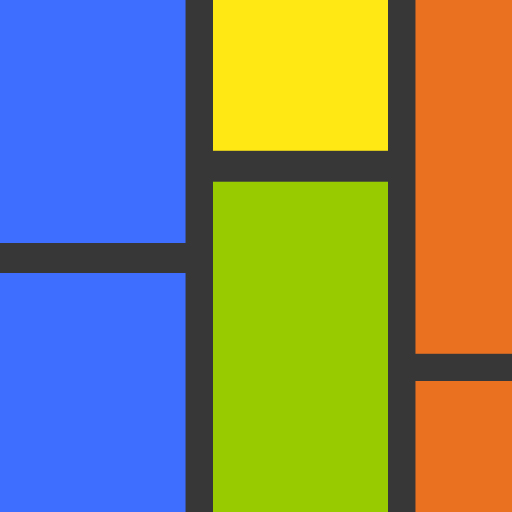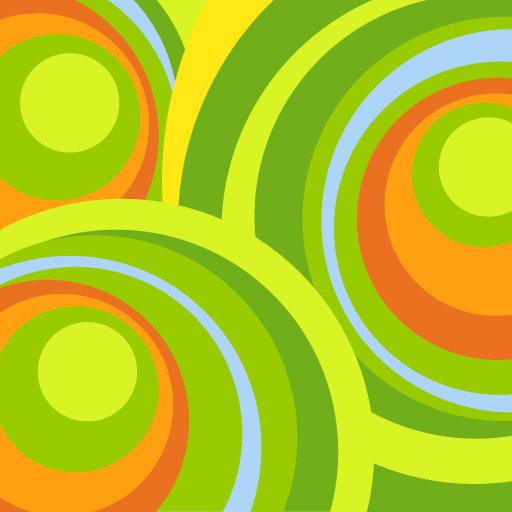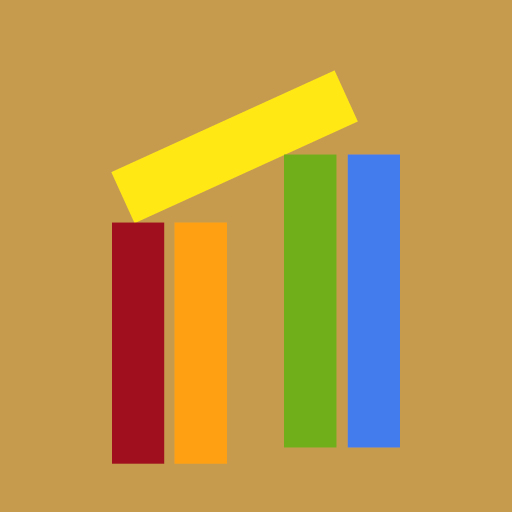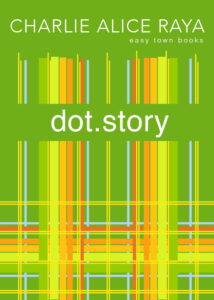
So you want to control all businesses with your town rules?’
‘It’s an experiment. So yes, we make the rules. But this is about rethinking business practises, about testing alternatives, not about control. And if something doesn’t work, then we’ll try something else. Think about it, if we can identify what it takes to avoid every kind of exploitation while giving the greatest possible freedom to all market players, then we’ll have achieved something remarkable.
book 1, beginning by Charlie Alice Raya
rethinking
business
practices
What to rethink?
Everything, is the answer that springs to my mind first. But I’ll try my hand on a list:
Companies. Qualifications to open a business, qualifications to head a business, access to the markets, exploitation, cooperation, power balances, balanced economy versus profit maximisation, guardianship, leadership, power structures, balanced teams, balanced payment structures, addressing discrimination, racism, sexism, corruptions, company sizes, company locations, factory architecture, corporate architecture, gardens, How to tackle arrogance and superiority complexes? How to keep moving, embracing change? Thinking short/long term. What is a shareholder good for? What qualifies a shareholder? How useful is it to focus on shareholder interests? Rewards (financial), wages, salaries, fees, sex (everything). Dependence, competition, careers, durability, management qualifications, management styles, organisational styles, aims, principles, profit policies, mass production, delivery chains, digitalisation, bureaucracy, infrastructure, communities, transport and mobility choices, market dominance, cooperation, empowerment, brands, labels, advertising, trends, fame, losing face, property, acquisitions, respect, dignity, support, discrimination policy, gender policies, How to get off plastic? Why do people work? What is working about? What is producing about? What is speculating about?
Resources and energy. Who owns natural resources? Dependence/independence of suppliers. Micro grid versus dependence on giant corporate. Energy saving. Water. Fossil Fuels. Rare minerals and metals. Understanding the limits of resources. Who extracts resources and how. Who gets access to resources and how? What is energy for? How can it be used? How can it be produced? In which cases can we operate without energy?
Products. What are products for? What to produce? What to offer? How to produce? Which materials to use?
Teams. How to set up teams? Team compositions. Work environments. Work safety. Job safety. Job satisfaction. The idea of the employee. Unions. How to unearth creative potential? How to make a job worthwhile doing. How to work together? How much to work and when? What kind of work?
How to coexist with nature? How to avoid exploitation of humans, nature and customers? Health. What does a human need? What can a human contribute?
And more …
In short: There is a seemingly endless supply of aspects and issues in the business world that can do with a rethink. And the sooner we start (or in some cases continue) the better because the present practices have a tendency to breed short-sighted individuals, misery and the destruction of our habitat. The best thing we can do is to scrutinise every aspect of how we produce, work and do business.
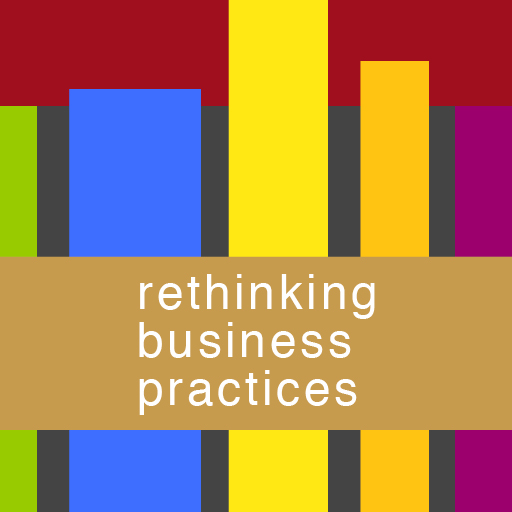
Business ideas
The easy town story offers three promising, sustainable and empowering business models. Plus each model can be used as a blueprint for other business ideas.
At this point you have a choice. You can explore the ideas for the Hub, dot. and the book stations on their respective websites —
— or you stay on this page and get a more general introduction into the main business ideas with a chance to see the parallels and the differences. Plus further down you will find a tour covering forty plus business ideas which can use the one or the other business model.

The main business approaches
The millions of dwarfs approach
First developed for dot.
The approach is simple: create locally (millions of creatives from around the world), sell globally (to billions of customers), produce locally what has been ordered (in thousands of local workshops) thereby empowering creatives, small businesses and communities.
The ripples approach
First developed for the Hub
This is simple too. A service is developed centrally, a network is set up globally to give access to the service, and part of the profits is used to build local communities thereby creating ripple effects.
The core job approach
First developed for food wheels
And once again, the approach is simple. Provide a place locally where craftspeople can set up their workshop. Provide the craftspeople will all the admin and sales support they require so that they can focus on their core tasks.
What do these ideas have in common?
- rethinking everything
- no exploitation
- no discrimination
- equality
- sustainability
- low carbon production methods and quantities
- low carbon infrastructure
- using skills, innovations and profits to create ripple effects
- profits are used to pay all team members well, to reward creativity and skill, and to strengthen communities and the environment
What are the differences?
- The dot.model only works with products that come in all sorts and shapes, like clothes, clocks or toys.
- The Hub model only works with services which are useful around the world, like the internet, banks or software.
- The food wheels model is ideal for small local businesses which operate locally and involve a craft.
What are the advantages?
A number of advantages have already been mapped out in detail on the book stations website. See: Advantages of book stations, pepper books publishing, the bespoke books network, book stations worldwide and the dot.model
In short: With these business models we can change the way we do business and all profit from it. It’s amazing what can be done if the focus is shifted away from profits. My guess is, that with these business models more overall prosperity can be achieved as well as a global power balance, freedom, justice, diversity, content and very likely more parties /:-). And all of that while restoring our natural habitat and getting rid of tons of unhelpful narratives and goals.
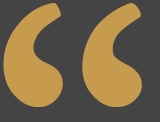
How we run businesses will be vital for the future of our planet and for the extent of happiness available for pursuit.
notes for book 3/4
More business ideas

Businesses using the dot.model
- dot.
- shoe ports
- tick international
- soap opera
- breathe
- pepper books publishing
- bespoke books network
Businesses using the Hub model
- The Hub
- project bank
- bullseye hosting
- bullseye web design
- straight forward systems & software
- Micro Grids Energy Network (MGen)
Businesses using a hybrid model
- Trains & Networks
- Visionary Meddlers Film Production
- Festivals International
- Brains & Teeth Solicitors
- recycle inc.
Businesses using the food wheels model
- Food Wheels
- Two Wheels
- Ingbars
- Herbs & Flowers
- Herbal Remedies & Teas
- Riverboats
- Ocean boats
- Sweet Tooth
book
The dot.story
The dot.story is a masterclass in rethinking business practices and includes everything from international networks, guardianship, coexisting with nature, unearthing the innovative and creative potential of the planet, addressing superiority complexes and sexual violence, celebrating creativity and diversity, and a lot more — all in one global company which empowers creatives, craftspeople and communities. Actually, it’s not just a masterclass, it’s also fun and a celebration of people from around the world.
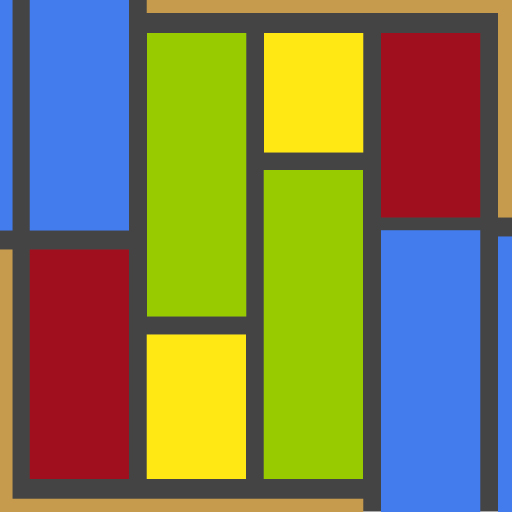
Business ideas and the easy town story
The project teams in the easy town story plan a town experiment and that includes finding a good business mix, rethinking business approaches, and setting up businesses.
The Hub and dot. were both created in book 1, beginning. And both play a part in book 2, travelling. However, as the story proceeds the businesses don’t play much of a role — at least not in the main story.

Reality & fiction
Yes, the business ideas have their origins in a story, a story which has set out to rethink as much as can be fitted into a story, a story which is focused on finding solutions, on testing ideas.
That’s where the ideas were born. That’s where the ideas were first tested on a theoretical level. That’s where the ideas got their basic principles and goals.
And while all of this happened in a fictional story, the ideas are mature enough by now to take the step into reality. And the story can still help by making the ideas relatable and accessible, and by continuing to add thoughts.
Contact
Emails will be answered within 48 hours whenever possible.

